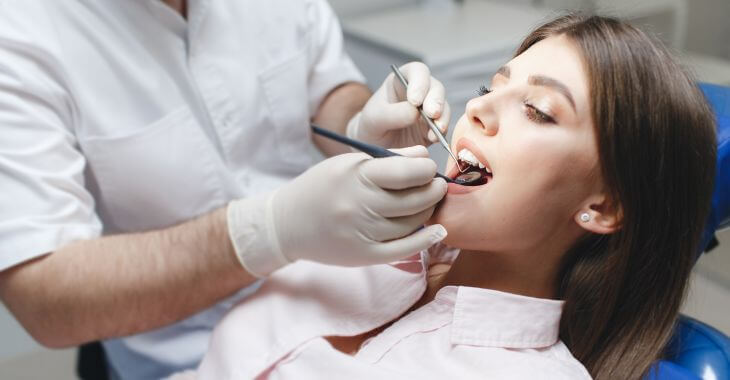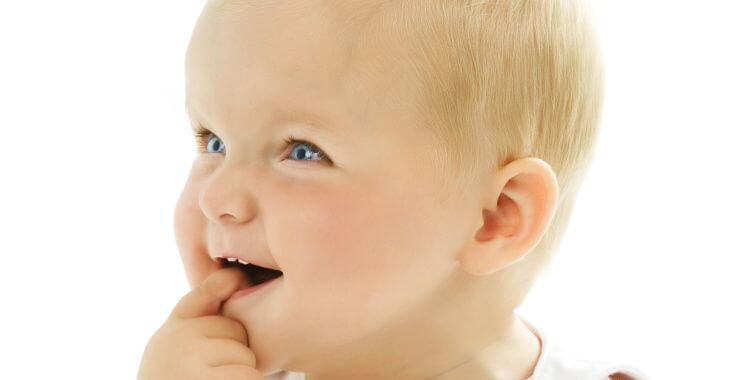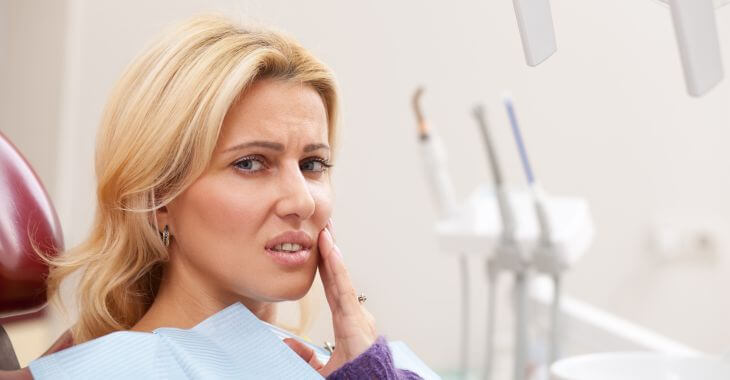When Can I Eat Solid Food After Wisdom Teeth Removal?

The last molars to arrive in the mouth are the four wisdom teeth. These final teeth arrive around the time teenagers become adults – usually wisdom teeth erupt in the late teens or early twenties. If these large molars become impacted or cause other problems, they are often removed through oral surgery. Understanding the procedure and how to care for your gums after wisdom teeth are removed can help you avoid complications. One question dentists and oral surgeons are often asked is, “When can I eat solid food after wisdom teeth removal?” Here is the answer to that question and much more.
Caring for Your Gums After Wisdom Teeth Removal
Wisdom teeth removal or extraction can be performed at a dentist or oral surgeon’s office. In many cases, the teeth can be pulled and removed without incisions or cutting. However, some impacted teeth with require surgery to remove bone and other blockages to removing the large molars. Most people undergoing wisdom teeth removal surgery will have extensive anesthesia and possibly sedation during their procedure.
Once the wisdom teeth are extracted, there will be holes in the gums that need to heal. The extraction site is usually filled and covered with gauze to help keep it clean. Restricting foods and beverages in the following days after wisdom teeth are removed can help reduce irritation to the wounds and the risk of complications like infections. Knowing which foods you can eat after wisdom teeth removal can minimize risk of damage and help the extraction sites heal faster.
Foods You Can Eat Immediately After Wisdom Teeth Extractions
Any foods you eat right after wisdom teeth extractions should be soft or in liquid form. You do not want to chew any foods during the first few days after your wisdom teeth are removed. Chewing foods can cause pain and discomfort; harder food can also result in crumbs or small pieces of food finding their way into the extraction sites.
The best foods to eat the day of your procedure and at least one more day after your wisdom teeth removal are very soft foods. Think of foods a baby could eat before they get their teeth. These can include:
- Yogurt
- Pudding
- Jell-O®
- Broths and creamed soups with chunks
- Protein drinks and smoothies
- Applesauce
- Mashed potatoes
For the first two days after your wisdom teeth removal, stick to soft foods and liquids to avoid any chewing. You want to allow your mouth to heal before you can try eating solid foods again. You should stock your home with a variety of soft foods you can eat before you go to your appointment to have your wisdom teeth removed.
After 2-3 days, you can begin adding some semi-solid foods to your diet. You want to eat plenty of nutrient-dense foods that will help your body heal, and eating only soft foods can be restrictive. Some other options to add variety and nutrients to your meals in the first week after your wisdom teeth removal include scrambled eggs, cottage cheese, oatmeal, soft bread and other semi-soft foods.

Solid Foods to Avoid in the First Week After Tooth Extractions
While there are many soft and semi-soft foods you can eat after wisdom teeth removal, there are some that should be completely avoided. These foods can be too tough to chew or are more likely to create debris that can infiltrate the extraction site. These foods include:
- Nuts, grains (including rice) and seeds
- Chips and crackers
- Meat
- Spicy foods
- Acidic or alcoholic beverages
Some foods are more likely to get stuck between teeth or in the extraction site. Some foods like spicy or acidic foods can cause pain and irritation. You want to avoid foods that can stress the extraction sites or result in more bacteria in the mouth that can cause an infection. Avoiding solid or problematic foods in the week after your procedure can minimize your risk of complications.
You want your extraction sites to be mostly healed before you return to your regular eating plan. If you are still wondering “When can I eat solid food after wisdom teeth removal,” it can depend on how quickly you heal and whether or not you have any complications. In most cases, patients will be able to slowly add solid foods into their diet a week after their procedure. However, you should talk to your dentist or oral surgeon about when you can resume eating solid foods after your procedure.
Most wisdom teeth removal surgeries are successful without any infections or complications. You can improve your chance of a quick, full recovery by following your dentist’s or oral surgeon’s instructions for post-extraction care. Make sure to ask your dentist “When can I eat solid food after wisdom teeth removal?” Follow all other recommendations to avoid pain and complications from your oral surgery.
The information provided on this website, including text, graphics, images, and other materials, is intended solely for informational purposes and should not be used as a substitute for professional medical advice, diagnosis, or treatment.



)